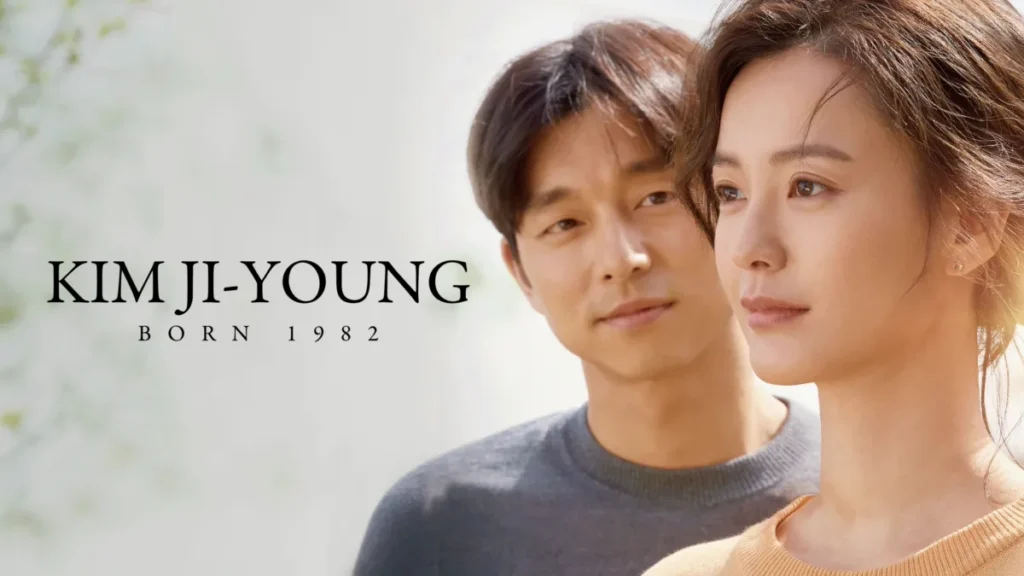
The story begins in 2015, with Kim Ji-young, a young Korean parent, with a peculiar mental disorder, impersonating some women she knows, including her mother and a former classmate who died during birth. After an informal family reunion on the holidays her husband takes her to see a psychiatrist, with the residual of this part leaving psychosis, though coming up in the book spread across the last six chapters. In between, Cho delves into her life in the formative periods of childhood, while also integrating the life of Ji-young’s mother, thus encapsulating the backlash of the severe patriarchy in Korea on women socially at any age.
Let me expand on this a bit: Ji-young and her sister, as children for instance, are required to contribute everything they can including their time just so the only son of the family succeeds, their brother managed to. They rarely see their father who has become a stranger to them and whose only focus seems to be their brother, only showing up to them to yell or discipline.
But that is what I find rather sad, as it is always the mothers in most families who show the greatest compassion for their children, even when those children make utterly foolish choices, like abandoning their spouse for Jennifer. Even as a child, Ji-young feels the weight of discrimination in the south Korean society that favors men over women, and gets engrained in the workforce later on. Of course, as she ages, the bias against women becomes even more pronounced and progressively troublesome.
Heading away from Ji-young’s realm of employment, young Ji-young did marry, had a lined-up number of relationships before finally deciding to settle down with an exceptionally loving man but one with whom her relatives intimidated, just shy of ruthlessly, due to Ji-Young’s unwillingness to embrace their expectations. Ji-Young was also facing a workshop of her own, having to unrealistically prove herself as a nurturing wife in any of the relations she had. As I said though, I believe her husband loved her, to an extent, but when it came to the constantly problematic situation surrounding her care, the husband appeared to be a complete jerk or perhaps too ashamed to accept that he’s a harsh patriarch to begin with.
Nam-joo’s approach is disturbingly detached; having wrote and told the story and then read the comments actually all of it boiled down to criticism that aimed to highlight how poorly Korean feminists have it.
Here no complicated words, lengthy sentences, and intricate literary decorations are required. It is this coldness that makes the coldness of the book all the more palpable as she hardens herself and refuses to give any solace, or in other words, suggests that the situation will not be improved, which is a rather pessimistic way, but can also be considered realistic.
On the other hand, and through the way she describes some of the men in the book and in particular her father (the stalking incident is a distinct sample of his behavior) her attitude is in fact more polemic towards the male gender which is where the negative reviews about the book stemmed from. But of course, given what she recounts in the whole of the book, and several recent documentaries and film industry that actually make even worse remarks, her point of view comes out as realistic too, in one sense that is quite stunning. The hoju system, which was outlawed only recently in 2008 alongside the gender (in)equality reports (in 2017 Korea was the last among OECD countries in the gender wage gap) emphasize the reality quite adequately, with Cho explicitly citing some of them in the book’s footnotes.
It can be said that Cho Nam-jo achieved her aim with ‘Kim Ji-young: Born 1982’ when she attempted to convey as many people as possible to the problems of South Korean women considering the controversy that it had. The controversy employed a realistic style enriched with the author’s indignation towards the issues raised in the book.
For more movies like Kim Ji young, Born 1982 visit on solarmovie







